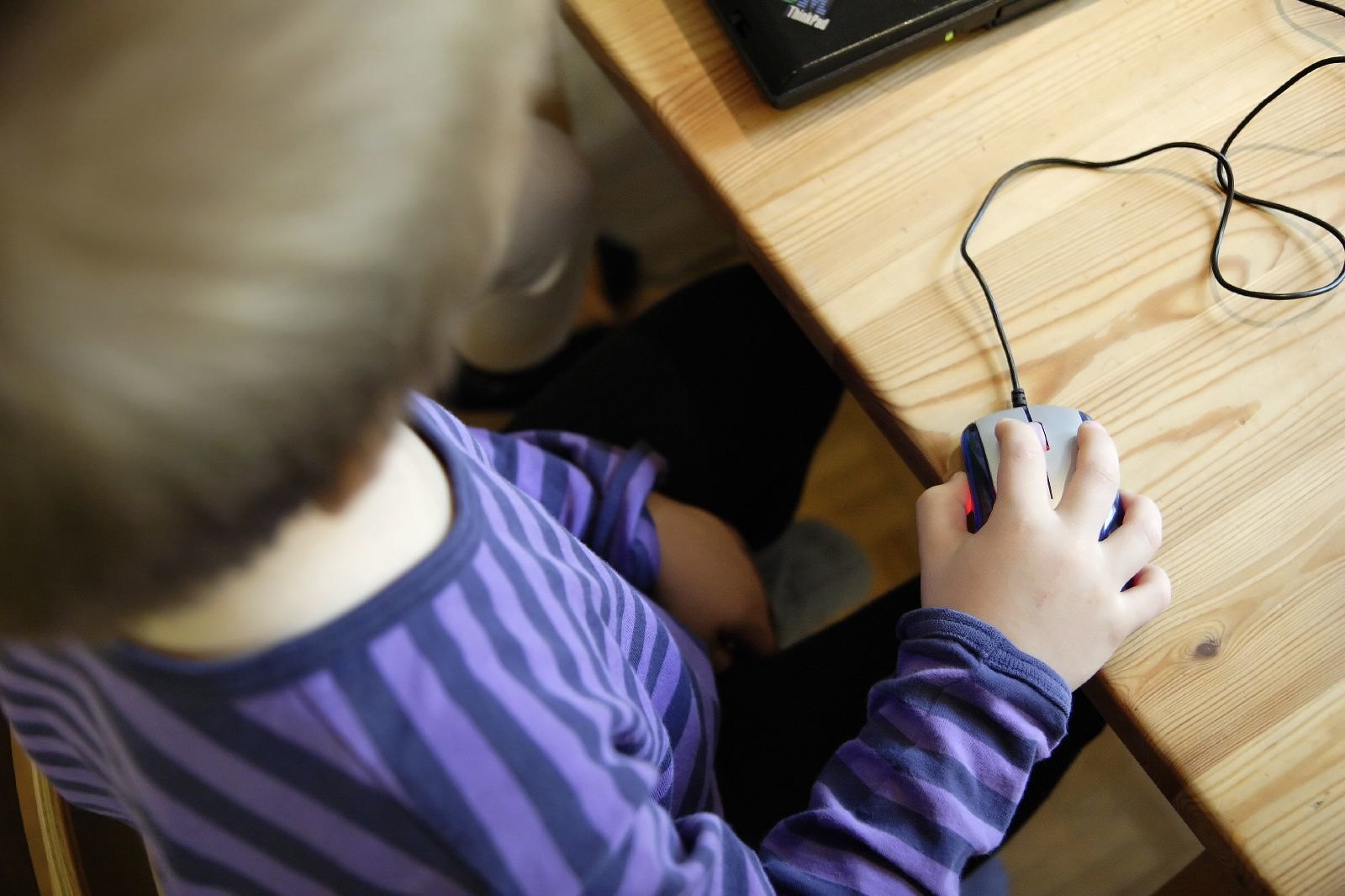
4 online resources to guide parents through the coronavirus quarantine
Week by week, countries around the world extend government-imposed quarantine, leaving parents filling the roles of teacher, carer, and protector. During this time of quarantine, with millions of children stuck at home, the likelihood that they will or already have encountered cyberbullying, explicit content online, an increase in laziness or resistance step away from their screens, and a decrease in desire to keep up their studies is high. In order to help parents who worry about all the dangers that this quarantine may present for their children, we have gathered four valuable online resources to help parents during this time - and even after the quarantines are lifted.
1. Spiritual Space for Children
To aid in the growth and development of children’s spiritual lives, we refer parents to The United States Association of The Catechesis of the Good Shepherd. This online resource provides biweekly podcasts, videos, and guides on a variety of subjects including creating a prayer space at home, books to help parents fill the role of spiritual leaders for their children in this time, and educational books for children regarding the catechesis. This website is a great place to go for advice on how to pray with children during this time of quarantine.
2. Educational Resources for Kids
Not only are parents having to foster the growth of their children’s religious education and spiritual growth, but they must also fill the role of educator - to a certain extent. Of course, online courses with teachers have been a primary part of children’s week days since the quarantine began, but parents who are present with their kids at home are still responsible for making sure homework is being done and their children are fully comprehending the educational materials from their teachers. Every child learns in a different way: some are visual learners, others auditory learners, and others still tactile learners (the list goes on). Resources that cater to every child’s way of learning can be found on Live Science’s web resource for children’s activities during the coronavirus lockdown. From virtual tours of the world’s major museums and US national parks, to e-books and audiobooks for youth K-12, to fun and creative activities like doodling and writing in Egyptian hieroglyphs, this website provides a wide array of educational tools to facilitate dynamic learning.
3. Online Safeguarding Apps for Kids
Besides educating their children, parents also have the responsibility of protecting their children from online dangers during this time when danger is nearer than ever, as children spend more time in front of a screen than ever before. This article is a great resource for parents looking to manage their children’s screen time and protect them from online dangers. They highlight Bark and Net Nanny as two low cost apps that: monitor emails, texts, youtube searches, and social media accounts, and “can report what your child is searching online and what apps your child uses and can alert you to content such as pornography, weapons and drugs” (descriptions given respectively). The article refers to apps like OurPact and Goya-Move, which are apps that control screen time and also facilitate physical activity and completion of chores.
4. Online Safeguarding Education for Parents
Lastly, the Australian Government’s eSafety Commissioner’s website outlines many tips, specific to this situation of the Covid-19 outbreak, for parents in better protecting their children and how to comfort them while they are homebound. They have webinars on:
-
- “ideas to start the chat about harmful content, contact with strangers and online bullying
- strategies for addressing common digital parenting challenges
- skills that young people need to protect themselves online
- how to get help if things go wrong.”
There are further tips for parents on their children’s use of technology, and for mothers that may be guiding their children in a situation of domestic violence, there is advice provided for them as well.
In this time of quarantine, parents face the challenge of filling many roles in their children’s lives, and we hope that these resources might be useful to them. If you, as a reader, know of any other resources that might be helpful, we invite you to share them in the comments below!
Photo courtesy of: Miika Silfverburg

